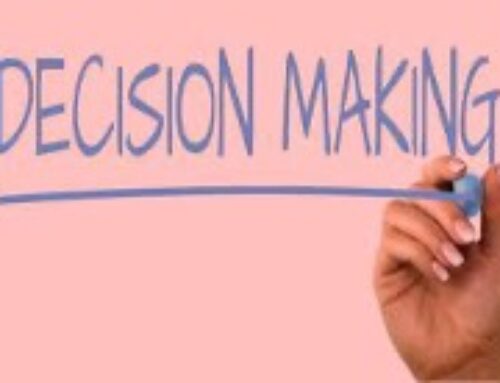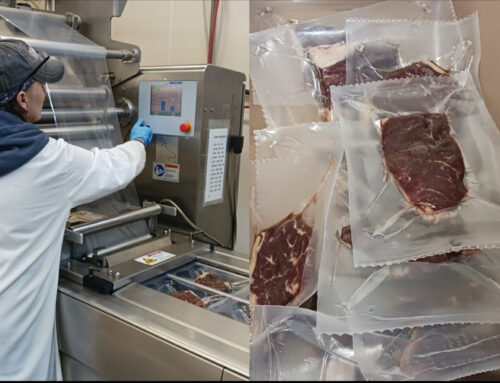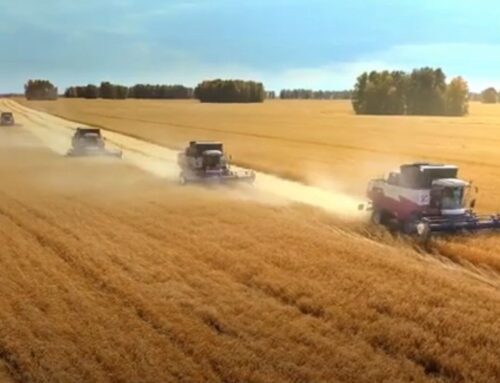Achieving more sustainable farming practices is challenging. Some environmental goals, such as biodiversity or groundwater protection, extend the level of the individual farm. Therefore, the collaboration, cooperation, and coordination among farms is crucial for the development of effective and efficient policy measures.
The Netherlands are a frontrunner in organizing agri-environmental policy support at regional scale. Forty regionally organized farmer collectives develop regional management in close collaboration with authorities. Farmers do not engage in individual contracts with the authorities, but jointly agree upon a set of farm level measures among the members of the collective. In spite of interest in this model in other member states, there is little knowledge on farmers’ willingness to cooperate with other farmers for achieving more sustainable farming practices.
In the Horizon2020-funded research project Contracts2.0 (https://www.project-contracts20.eu/), we use public goods games to investigate under which conditions farmers are generally willing to cooperate. In a first step, the games are co-designed with stakeholders in workshops at national or regional level in Germany, Poland, Hungary, and the Netherlands. In a next step, experiments are carried out with farmers in each of these countries. Finally, the results are analyzed and communicated.
Public goods games are widely applied to study cooperation in economics. In a public goods game, participants are endowed with resources which they must either place in a private or a group account (the public good). Investing in the public good is better for the group but clashes with self-interest, because other players can free-ride on the others’ contributions (Figure 1).

Figure 1: Schematic display of a Public Goods Game
Source: own design, using icons from flaticon.com by freepik
First results from the German case show that farmers’ overall willingness to cooperate is high under a wide range of experimental treatments developed in the workshops. What is more, as shown by a parallel study eliciting more than 200 expert predictions, experts underestimate farmers’ willingness to cooperate. More than 350 farmers recruited through an online panel participate in the study and are randomly assigned to respond under one of the following scenarios:
(1) Baseline: four participants must allocate 50 euros between a group account and a private account. The amount on the group account is doubled and divided equally among all players.
(2) Heterogeneous initial endowments: participants have either a high or a low initial endowment;
(3) Leading by example: three participants can first see the decision of the first player and only then make their decision;
(4) Social norm: participants receive the information that many other participants have contributed high amounts to the group account;
(5) Social optimum: participants receive the information that it is in the interest of the group that everyone contributes as much as possible to the group account.
For each of the five treatments the figure shows in orange the distribution of the percentage that participants contributed to the group account. In all treatments the average is higher than 50% and, thus, higher than in typical laboratory experiments. Contributions do not differ between the treatments, with the only exception being the social optimum treatment, where contributions are significantly higher and reach 80% of the initial endowment (Figure 2). The distribution of experts’ predictions is shown in green. Experts underestimate the contributions of farmers by an average of more than twenty percentage points.

Figure 2: Distribution of contributions (orange) and expert predictions (green)
Source: own calculations
One important conclusion is that participating farmers show a high basic willingness to cooperate under all experimental conditions. We also see that experts were too pessimistic. We will now continue with data collection in three more member states. An English-language report describing our first experiences is for download.
Rommel, J., van Bussel, L., le Clech, S., Czajkowski, M., Höhler, J., Matzdorf, B., … & Zagórska, K. (2021). Environmental Cooperation at Landscape Scales: First Insights from Co-Designing Public goods games. https://pub.epsilon.slu.se/23419/







Leave A Comment
You must be logged in to post a comment.